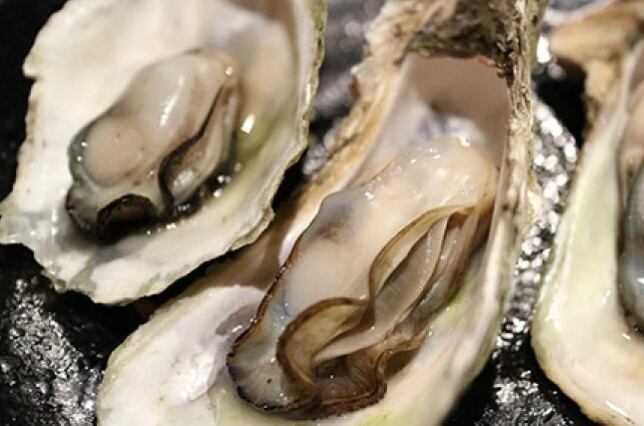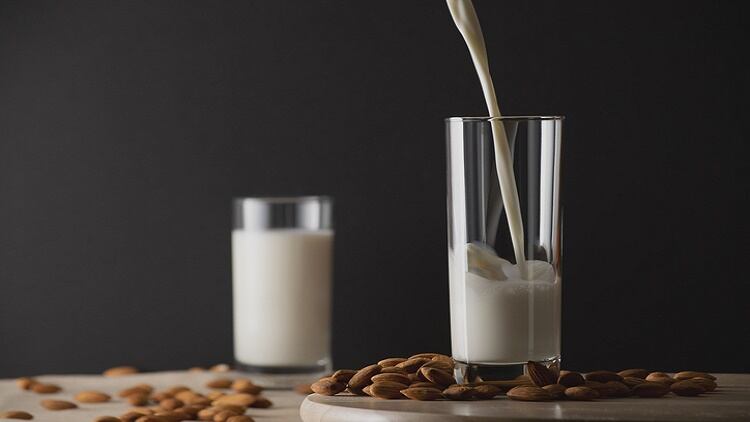The technology is a microcapsule consumed by the shellfish, which contains the vitamins and a vegetable oil-based encapsulant as well as lipid-based bulking agents, optimised for size, shape, buoyancy to appeal to shellfish.
The University of Cambridge team have dubbed this innovation “Vitamin Bullets” and Dr David Aldridge, one of the study scientists, has begun manufacturing the capsules under his company, BioBullets.
“We are very excited about BioBullets’ potential,” He says. “We are now establishing links with some of the world’s biggest seafood manufacturers to drive a step change in the sustainability and nutritional value of the seafood that we consume.”
Along with PhD student David Willer, the team began their work on bivalve shellfish, such as clams, oysters, mussels, and scallops due to their higher protein content, omega-3 fatty acid content, and high mineral levels.
Pacific oysters (Crassostrea gigas) were used as a case bivalve species, due to their widespread popularity as a food source, worth €5.7bn ($6.7bn) in 2017.
Meanwhile, microcapsules fortified with vitamins A or D were selected as a case study, due to the prevalence of vitamin A and D deficiencies worldwide.
By coating the encapsulated particles with a proprietary non-ionic surfactant to aid dispersion in water, the team were able to fill the lipid-walled microcapsules with either vitamin A (retinyl acetate) at 200 milligrams per gram (mg g−1) or vitamin D as cholecalciferol at 20 mg g−1.
Outperforming salmon
In total 100 oysters were used to identify the optimal dose as well as establishing an optimal feeding pattern.
The two researchers found the oysters should be fed for eight hours towards the end of “depuration”, the period in which bivalves are held in cleansing tanks after being harvested.
The team also discovered that the fortified oysters delivered around 100 times more vitamin A, and over 150 times more vitamin D, than natural oysters.
Even more crucial was the discovery that they outperformed salmon, one of the best natural sources of these vitamins, providing over 26 times more vitamin A and over four times more vitamin D than the fish.
The scientists found that a serving of just two of their supercharged shellfish provided enough vitamin A and D to meet human Recommended Dietary Allowance (RDAs).
“We have demonstrated a cheap and effective way to get micronutrients into a sustainable and delicious source of protein,” says Willer.
“Targeted use of this technology in regions worst affected by nutrient deficiencies, using carefully selected bivalve species and micronutrients, could help improve the health of millions, while also reducing the harm that meat production is doing to the environment.”
Next steps
Looking forwards, the researchers think that consumers in poorer regions where vitamin deficiencies are most prevalent are more likely to buy slightly more expensive fortified food than purchases supplements.
They calculate that fortification at this level would be highly cost effective and offset by a small (0.9%) increase in retail price.
Dr Aldridge and Willer also comment of a need to carry out larger laboratory studies with a greater number to enable quantitative analysis of the individual variation in vitamin uptake by bivalves.
They add that such variation is often seen in the fortification of foods including eggs and meat via dietary intervention.
Further areas of research include assessing the bioaccumulation of microencapsulated vitamins specifically into bivalve storage tissues as well as the impact of high-level vitamin accumulation on bivalve physiology.
This would need to be determined as the presence of microcapsules in the bivalve gut may promote the micellarization and absorption of vitamins in the human gut.
“In summary, this study marks the first successful fortification of bivalves with micronutrients beneficial to human health, using a novel microencapsulated feed supplied at the depuration stage of production,” the study concludes.
“Our study found that oysters fed vitamin A or D microcapsules at a dose of 3% over eight hours had increased vitamin content, to the extent that two such oysters would provide enough vitamin A and D to meet human dietary RDAs.”
Source: Frontiers in Nutrition
Published online: doi.org/10.3389/fnut.2020.00102
“Vitamin Bullets. Microencapsulated Feeds to Fortify Shellfish and Tackle Human Nutrient Deficiencies.”
Authors: David Willer and David Aldridge




